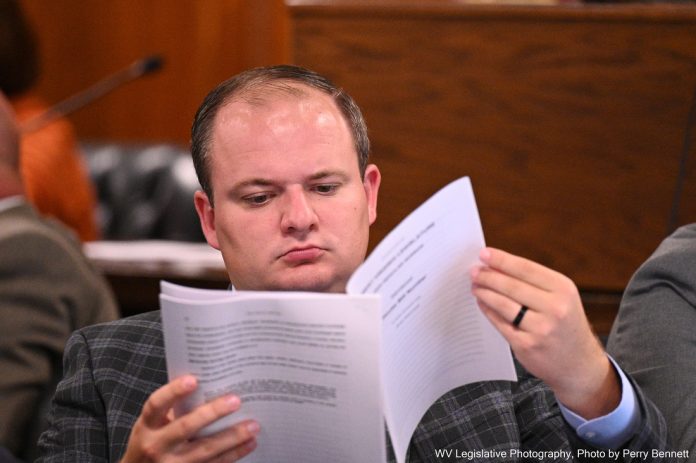The Joint Committee on Economic Development and Tourism met Sunday afternoon to hear several presentations including the following.
The Committee heard about dilapidated properties in the state and brownfield properties. Nitro is the #1 recipient of REAP funding for dilapidated properties. Nitro is a little different than most municipalities, as it owned the buildings in phase 1 of their plan. The city saw that owners’ were not doing anything with the properties just paying the abandoned building fees and waiting until they had to pay the fee again. So the city stepped in and invested in itself to buy the properties to be able to tear down or rehabilitate into useful property.
The city’s representatives did say that in the areas of downtown where buildings have been removed, there has also been a 39 percent decrease in calls to law enforcement. The city has invested in drone technology to provide clear before and after images of the sites. While many of these properties are now vacant lots, they are not quite ready for selling as underground infrastructure is needed.
Nitro started out with a project of 15 properties and added a few. Currently, all city owned properties are down. The city is moving into Phase 2, which is asking citizens if they have properties that need taken down.
Brownfield development goes hand in hand with dilapidation programs. Brownfields are an site that is contaminated or perceived as being contaminated by hazard waste or fuel. Due to this, the site is abandoned or underutilized. Examples of brownfields are industrial buildings, abandoned gas stations, and abandoned schools. In 1995, the Brownfields’ Program was created with pilot grants offered and in 1996, the WV Legislature created the volunteer remediation program. In 2002, the EPA created the three liability protections to get movement with brownstone properties and protect buyers of the properties.
The Committee also heard an update from the Department of Economic Development. The state has seen 6 billion in investments for economic growth. In the last 30 months, 125 thousands jobs were created and the GDP grew 15 percent. Several factors have played a role in economic growth in West Virginia including its central location, low cost of business operations and low cost of living, energy resources, lower health care costs, lower turnover for manufacturing jobs and people willing to travel farther for these jobs, right to work, WV invest, no unemployment debt, streamlined regulatory system, highest home ownership, low crime, and pension funding. Another draw is the last mile services for those who do not have broadband and the utilization of speed testing to measure broadband enhancements.

